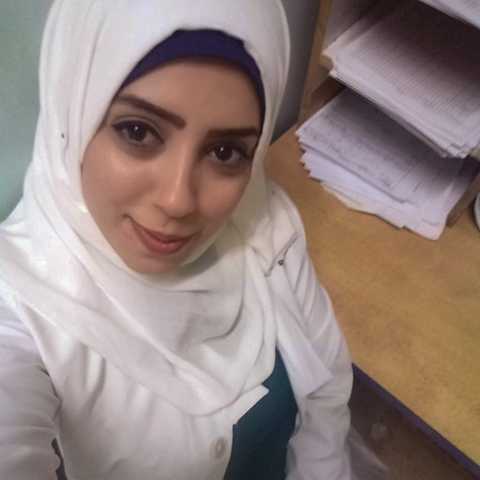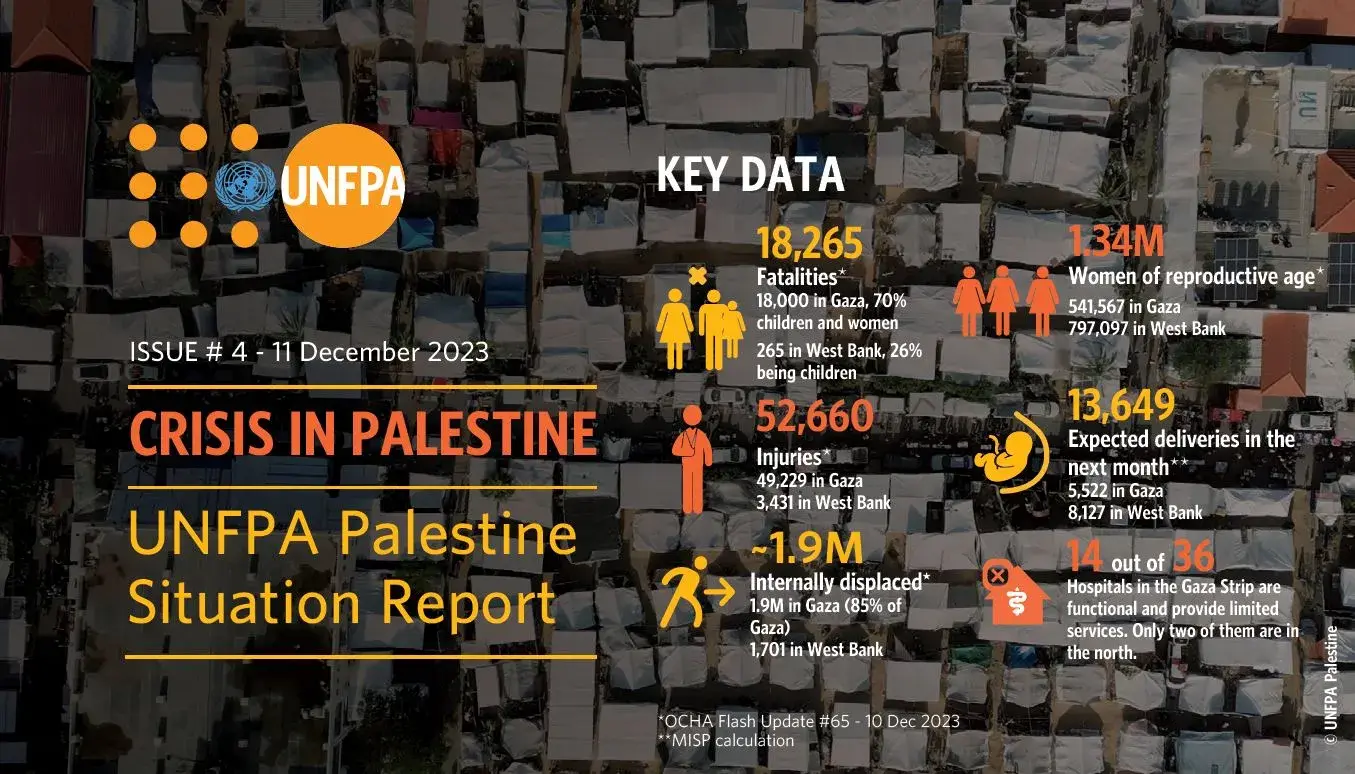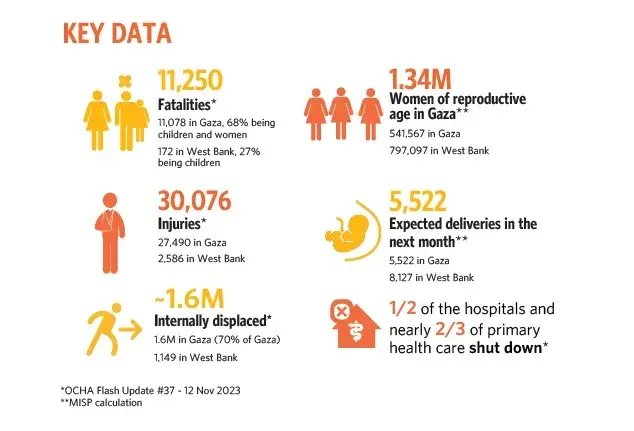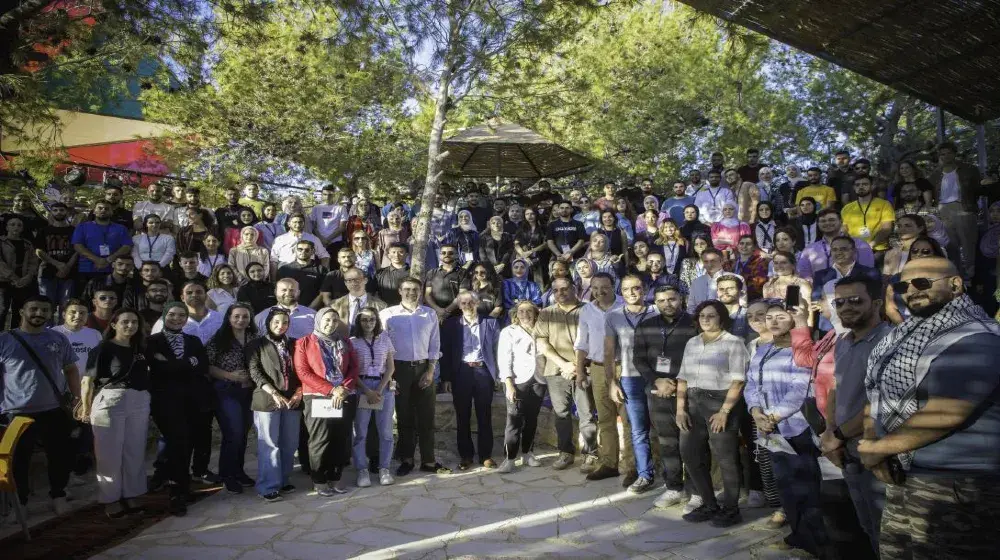This profession is so human, so sacred
So says Isra’ Durra, 27, a midwife from the Gaza Strip. Isra graduated with a Bachelor in Midwifery in 2014. She was never in doubt about her chosen profession: she was always drawn to the mission of midwives to provide high-quality health care to women before, during and after childbirth, as she had witnessed how much women depended on midwives during pregnancy and childbirth – and beyond.
“I always knew that I wanted to be a midwife” she says. “This profession is so human, so sacred; as a midwife I knew I would be responsible for two souls, not just one”

Midwives have carried a heavy burden since the COVID-19 outbreak began. They needed adequate protective equipment to be able to do their jobs safely, and although some of these needs have been met, there are continuous requirements for more. Midwives are also working longer hours and more shifts, to cope with reduced human resources during a time of pressure on the health system. Isra and her colleagues have taken the challenges in stride: “This profession is a calling”, she explains. “Every woman and every newborn is a responsibility, especially with a health system that is already overwhelmed” she continued.
After working several years at Al Shifa maternity ward in Gaza and at the Primary Health Care and Family Planning Center, UNRWA Clinic in Gaza, Isra decided to put her skills to use to help educate other young people. “I knew that by joining the network, I would be scaling up my existing knowledge on sexual and reproductive health, but at the same time, I would be able to learn how to pass my knowledge to other youth” she says. “I attended many training and awareness sessions. With my relatively new experience as a midwife, I was able to advocate and train young people on sexual reproductive health and rights, gender, and HIV/AIDs” she continued.
Young people in the Gaza strip do not have adequate access to sexual and reproductive health services. Although a few service centers exist, young people’s needs are far greater. Since these issues are considered controversial and taboo, young people face significant challenges of access. Young men typically receive information from their friends, but this information may be inaccurate and incomplete. Young women, meanwhile, often do not even have this and tend to rely more heavily on social media.
Isra saw an opportunity to fill the gap. After becoming a member, Isra quickly found a place as the health coordinator, and then to a Gaza YPEER focal point position, a role in which she has provided outstanding leadership.
“I had accurate information, and I had the knowledge from my profession as a midwife; so I had the power to play an important role” Isra’ explained. “There was lots of misinformation and misconceptions floating around. I believe I can go a long way with YPEER. This is just the first step of a long journey”
Y-Peer active in the COVID-19 response
The YPeer Network in Palestine has mobilized its many members to respond to the health and socio-economic impacts of COVID. Their interventions have ranged from providing overall knowledge and information for young people on SRH issues, sexually transmitted diseases, family planning, early marriage, and promoting communication for development training for health promotion, to initiatives to prevent gender-based violence and promote gender equality, especially since gender household dynamics during the pandemic have been challenging for many women. They have reached hundreds of young people in Gaza. Much of this work was led by Isra. Y-Peer Palestine Facebook Page
There is no doubt in Isra’s mind and heart that choosing to become a midwife was the right decision. “Despite the many challenges, I will continue to show up for work” she says. Asked what message she would like to convey to other midwives on the occasion of the Year of Nurses and Midwives 2020.
"Each and every one of you represents the hope and the safety net for women as they bring new life to this world”, Isra, Gaza





